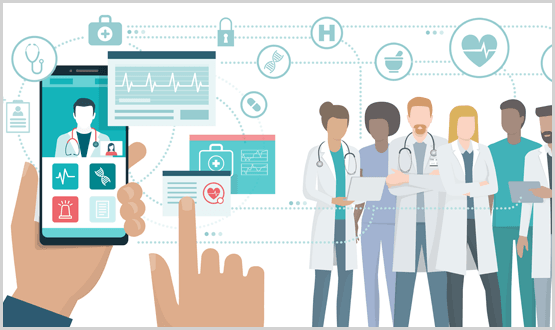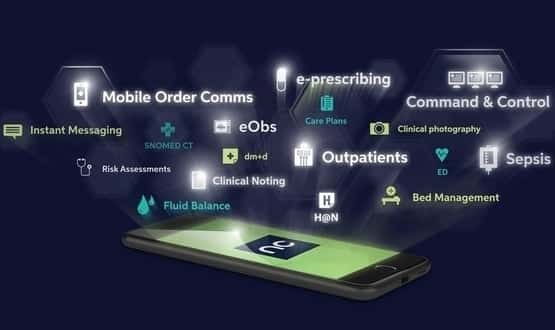Health still tops internet searches
- 3 February 2011

Searching for health information is the third most common online activity among US internet users, with 80% reporting that they look for information about medical problems, treatments, hospitals, professionals and similar topics.
The report by the Pew Internet Project and California Health Foundation says that with a quarter of US adults do not go online, the figure represents 59% of all US adults.
The figure of eight in ten internet users seeking health information has not changed since 2002. What has shifted, the Pew Internet Project says, is that searching for health information has gone “from being exceptional to being commonplace.”
“The Pew Internet Project’s consistent finding is that if someone is online, they are in the game when in comes to all kinds of online activities, including health information seeking.”
Health searches are dominated by searches for information about a specific disease or medical problem, something carried out by 66% of internet users. This is followed by searches about a certain medical treatment or procedure (56%).
The third most popular search is for information on particular doctors or other health professionals, (44%), followed by searches for information on particular hospitals or other medical facilities.
The groups most likely to search for health information are adults who, in the past 12 months, have provided unpaid care to a parent, child, other family member or friend.
Another group likely to seek health information are people who faced a serious medical emergency or crisis in the past year, either their own or that of someone close to them.
Previous Pew research has found “that people living with chronic conditions such as diabetes or high blood pressure are significantly less likely to have internet access.” Once they have access people from this group are just as likely to search for health information.
The adoption of smart phones and mobile devices have also significantly changed how people use the internet to search for health information. Past research has shown that 17% of mobile phone users report using their phone to search for health information.
Searches on pregnancy, herpes and sexually transmitted infections were among the most common health searches on Yahoo’s mobile site.
But the terms do not appear among the top health searches for non-mobile search engines. The Pew research suggests that that younger people use mobile devices to search for specific health conditions.
Location may also be a factor, with these kinds of searches being dubbed “morning after” searches by one researcher.
The report also found that the popularity of Web-based searches for health information varies by race and income level.
Those most likely to search for health information are adults between the age of 18-49, with some college education and from higher income households.
By contrast, fewer than half of adults who are black, Hispanic, aged 65 and older, disabled or living in a household with an annual income of less than $30,000 used the internet to find health information.
“However, young people, Latinos and African Americans are increasingly likely to use mobile devices to gather information, which could potentially shift patterns among groups when it comes to using health information,” says the report.
Among internet users who go online for health information, 48% said they search on behalf of someone else. Some 36% said they use the internet to look up health information for themselves; and 11% said they search for online health information for themselves and for others.
The research interviews were carried out by Princeton Survey Research Associates International, with a sample of 3,000 adults.




